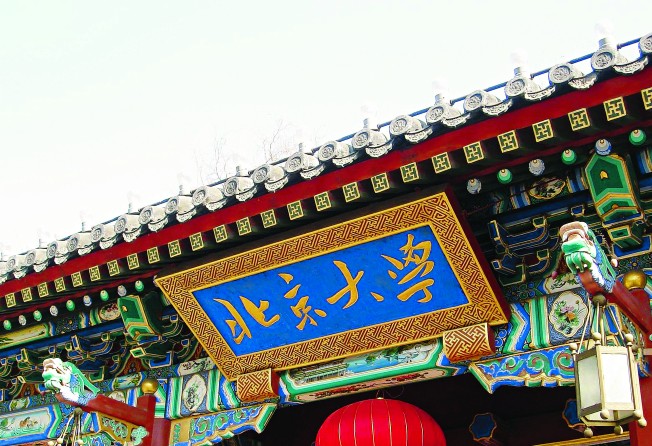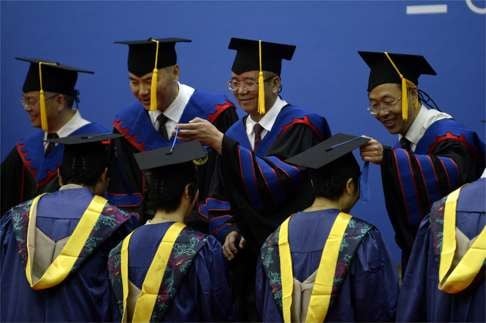In China, Soviet-era ‘rank’ system is crippling reform
In a holdover from the central planning model, everything gets ranked for their ‘importance’. Some leading figures say it’s keeping the nation back

Chinese officials enjoy being called “the people’s public servants”, but they waste no time pulling rank on the people or peers below them.
This has given rise to a popular saying that translates as “officials one rank higher can crush their subordinates”, illustrating the culture of the Mandarin system in which officials pursue their ranks above all else and only look up to their superiors.
Over the past 30-odd years of reforms and opening up, the mainland has expunged much of the Soviet-style central planning in a tremendous shift towards a market economy. But the complicated and rigid Stalinist bureaucratic rank mechanism has lived on and long become one of the biggest stumbling blocks towards further reforms.
Such a system has not only created lethargic government bureaucracy but also permeated almost all levels of social and cultural institutions. From primary schools to universities, from state-owned companies to hospitals, from sports bodies to cultural dance troupes to even temples where monks are supposed to be free of earthly pursuits, institutions – along with their managers – are assigned ranks equivalent to those in the bureaucracy, according to their size and influence and links with the government.
The official ranks will determine the levels of funding, salaries, medical and retirement benefits, access to housing and cars, and even seating arrangements at meetings and banquets.
As a result, they are run just like government bureaucracies with their managers focusing more on accommodating the directives from their superiors.
In a way, the official ranks have become a glaring sign of bureaucratic inertia and folly. The mainland’s universities offer an interesting example.
At a time when the county is crying loudly for more innovation to boost productivity and lamenting the fact that its best students are going overseas for higher education, the country’s leading universities are still hobbled by massive bureaucracy. They should instead focus on recruiting the best talent to improve the quality of teaching and bolster their science and research.

China’s universities are bureaucratically ranked, with the highest ranking accorded as a deputy government ministerial position.
In recent years, authorities have made noises over giving more freedom to institutions like universities and hospitals and sports bodies, with a plan to remove their official ranks.
Even chiefs of the leading universities who enjoy very high government ranks are calling for the ranks to be removed
But there has been little progress. The latest state media reports have suggested that even chiefs of the leading universities who enjoy very high government ranks are calling for the ranks to be removed.
Lin Jianhua, the president of Peking University, one of the country’s best known universities, said last week on the sidelines of the annual sessions of the National People’s Congress (NPC) and the Chinese People’s Political Consultative Conference (CPPCC) that it was best for the ranks to be removed. That way the universities could focus on academic development.
Lin, himself an NPC delegate, enjoys a rank equivalent to a deputy government minister, which probably brings certain perks, including a chauffeured limousine, a free government apartment and access to better medical services, among other benefits.
NPC delegate Shi Yigong, a deputy president of Tsinghua University, another leading institution, also complained last week that professors and faculties spent too much time in meetings instead of on teaching and research. Shi, as a deputy president, is most likely to have a ranking equivalent to the director general of a government department, half a rank below a deputy minister level.
Ge Jianxiong, an outspoken professor at Fudan University in Shanghai and himself a CPPCC delegate, hit the nail on the head by saying the key obstacle is that too much power is concentrated in the education authorities which have tremendous control over funding and other resources. Ge’s rank is unknown.
How their comments will go down their superiors at the education authorities is anyone’s guess.